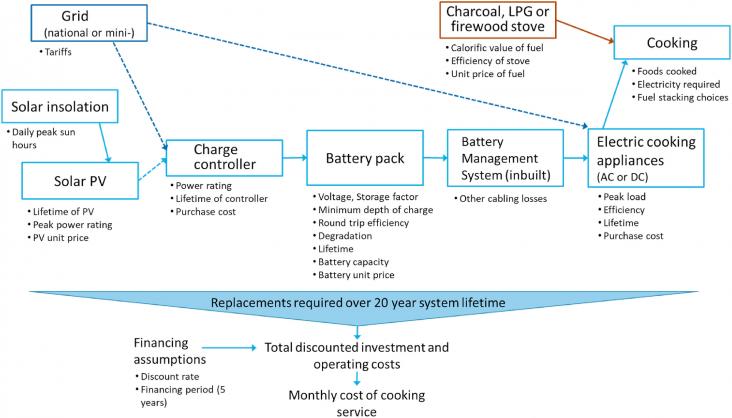
The article explores the advantages of eCooking, which include reduced health and environmental impacts, increased safety, and improved efficiency.
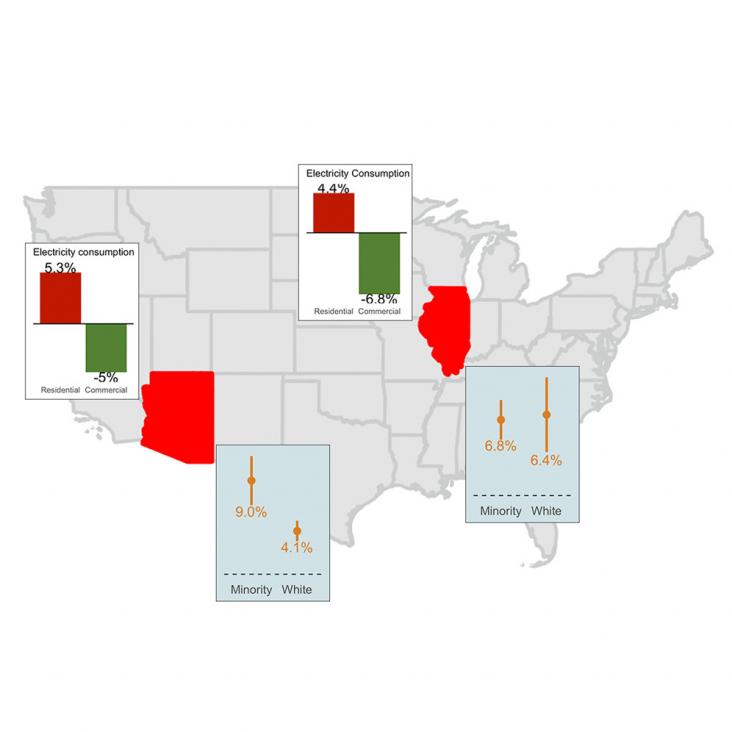
The COVID-19 pandemic has exacerbated energy insecurity and economic hardship among vulnerable populations.
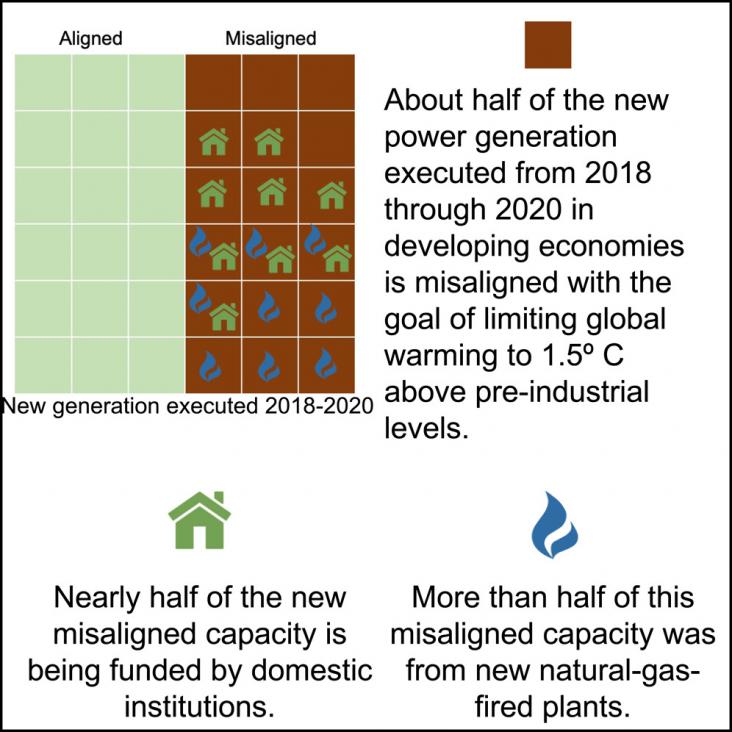
Major infrastructure financiers will have to significantly decarbonize their investments to meet mounting promises to cut carbon emissions to “net-zero” by mid-century.
Background: The announcement of China's 2060 carbon neutrality goal has drawn the world's attention to the specific technology pathway needed to achieve this pledge.
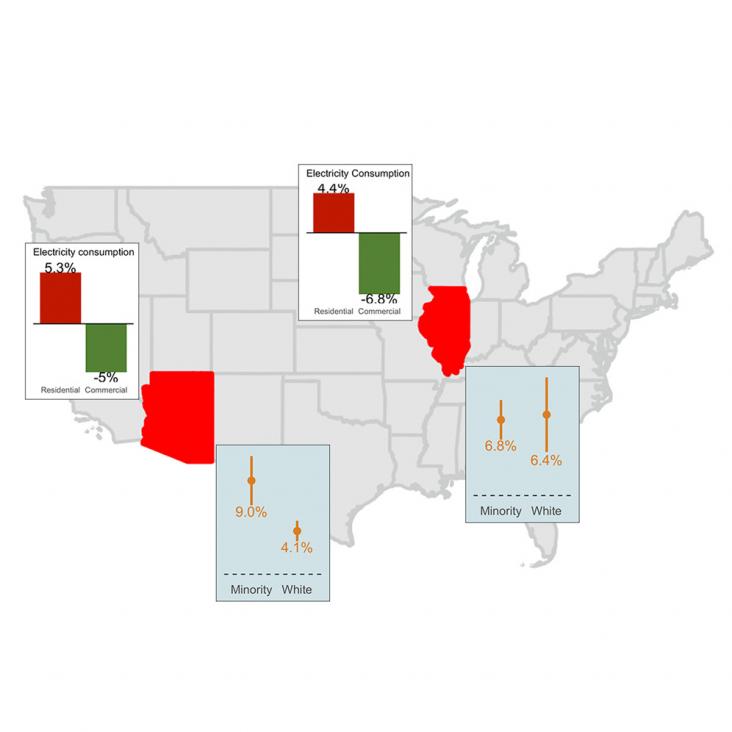
The COVID-19 pandemic has exacerbated energy insecurity and economic hardship among vulnerable populations.
This article aims to present and discuss the energy and environmental reality in the building sector and critically investigate the future pathways towards its decarbonisation.
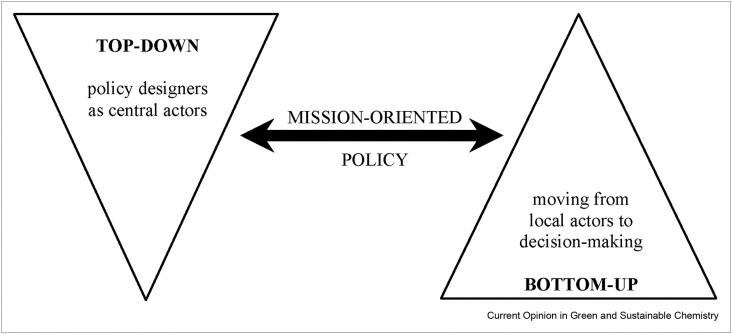
Hydrogen as a clean, reliable and potentially sustainable energy vector has attracted growing interest for promoting the sustainable development of both industry and society worldwide.
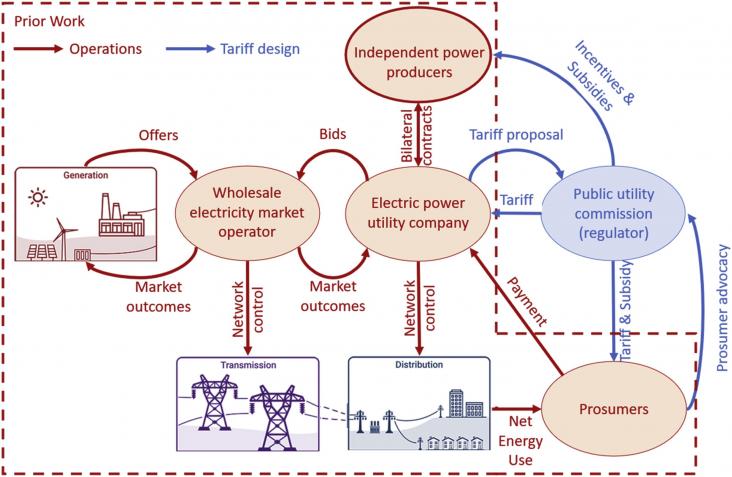
Transitioning the energy sector to zero or net-zero emission of greenhouse gasses (GHG) and substantially reducing other pollutants is a massive, costly, and long-term effort.
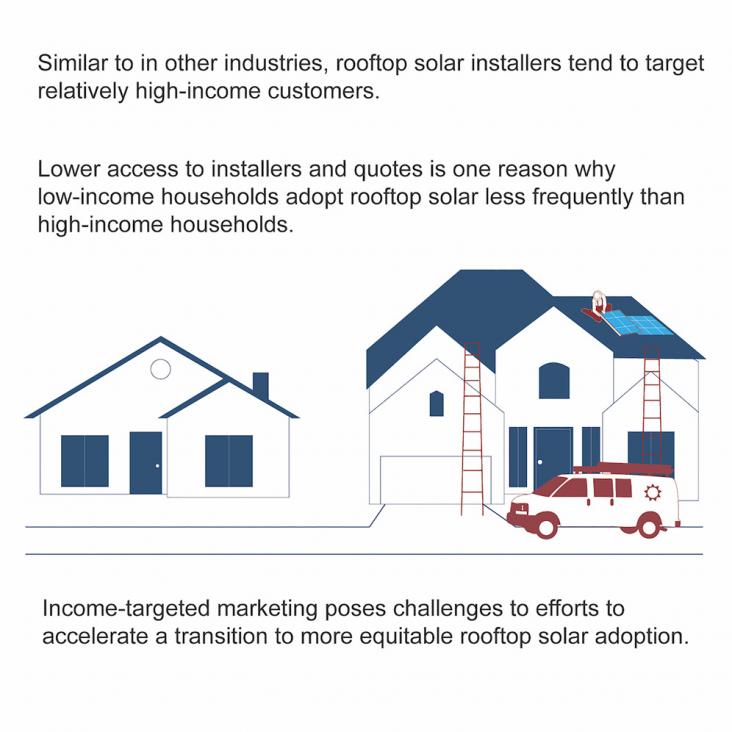
Low- and moderate-income (LMI) households remain less likely to adopt rooftop solar photovoltaics (PV) than higher-income households.

